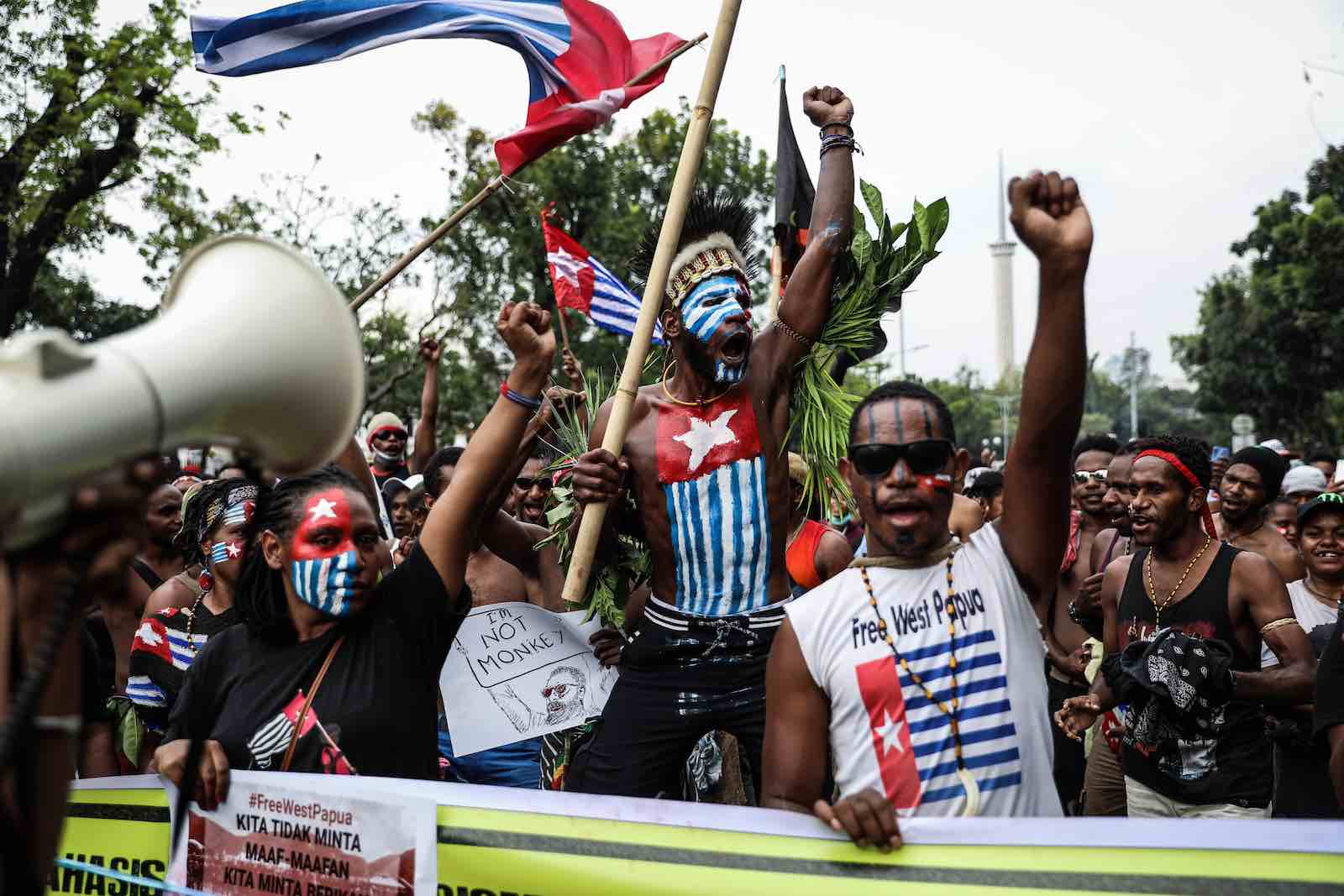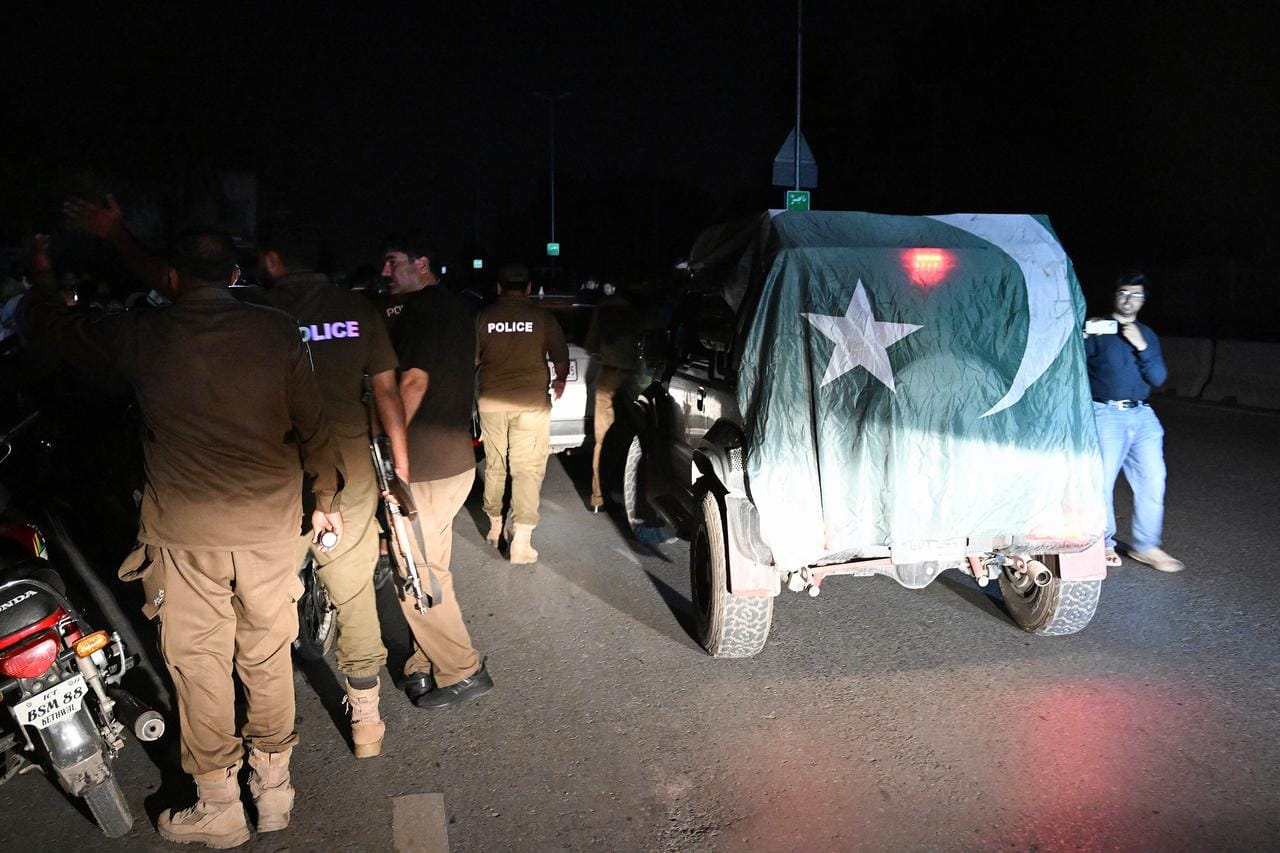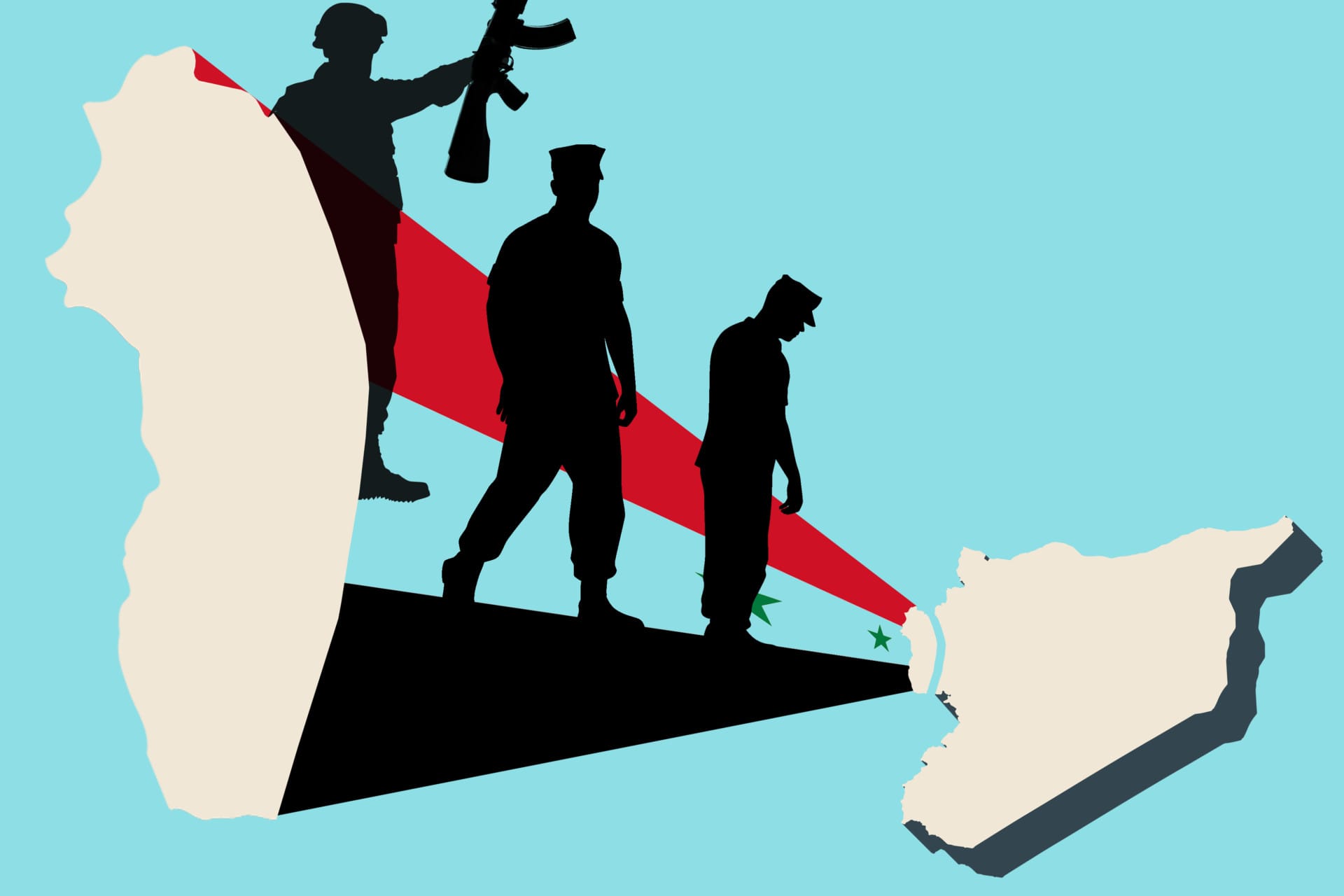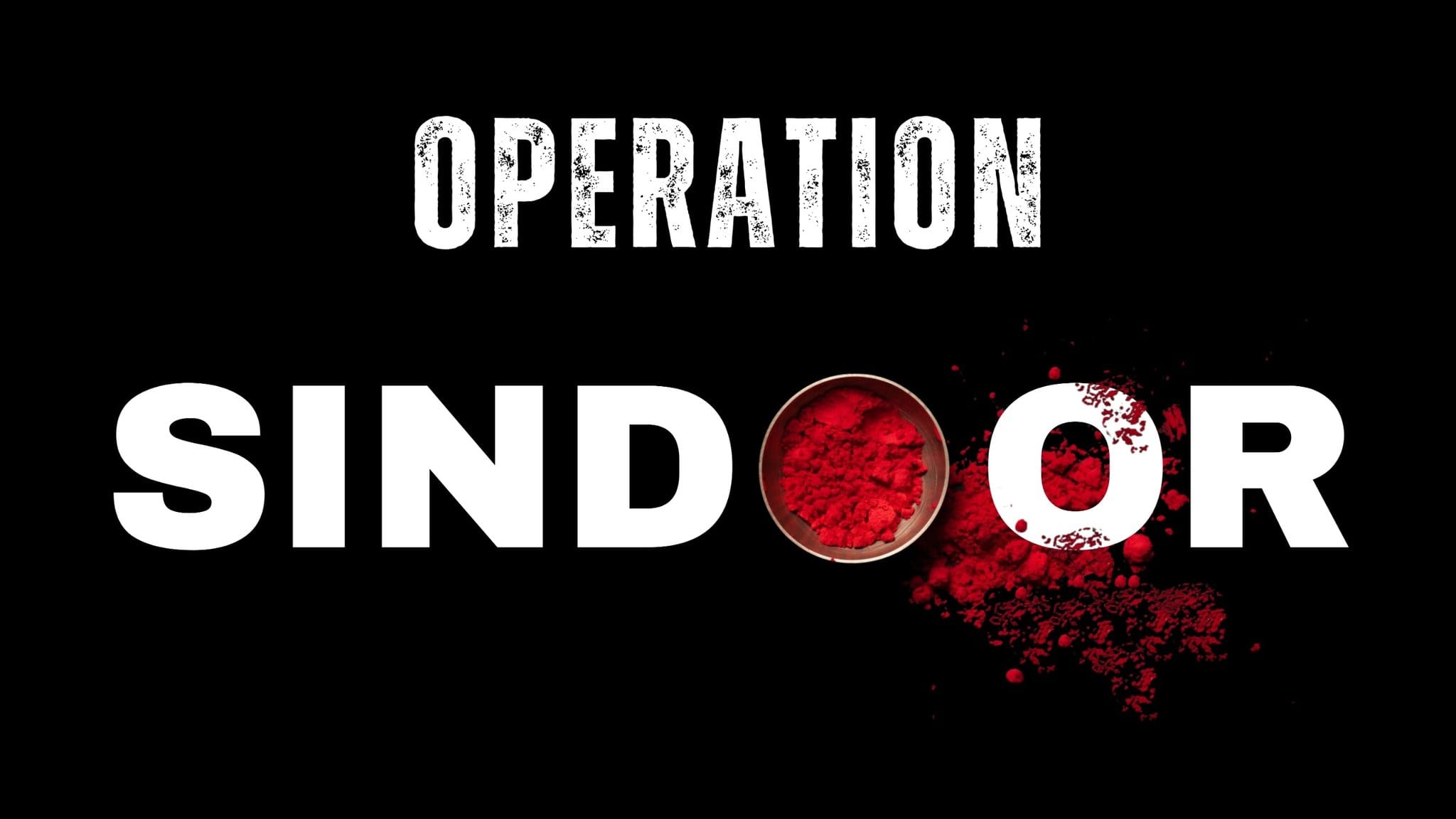The conflict between Indonesia and West Papua has its roots in the decolonisation of Indonesia from the Netherlands and the disputed referendum called the Act of Free Choice in 1969. The referendum, which was widely criticised, resulted in West Papua becoming part of Indonesia. However, the process was perceived as fraudulent by many Papuans, who believe that their civil and political rights were violated during the decolonisation process. The conflict has persisted, with core grievances remaining unresolved. The Indonesian government views the Act of Free Choice as the final stage of a decolonisation process, while many Papuans see it as a fraudulent process backed by state violence and international acquiescence. The Indonesian government has been sensitive to perceived foreign intervention and has restricted efforts by journalists, diplomats and non-governmental organisations wanting to report on the conflict.
Silent Struggle that Needs Global Attention
All the views and opinions expressed are those of the author. Image Credit – Lowy Institute.
About the Author
Mahima Sharma is an editorial staff at The Viyug. She is a research analyst at the Global Strategic & Defence News. She holds a Bachelors degree in Political Science from Panjab University.



